The above comments were made by experts at the seminar "Semiconductor Technology: The Foundation of the Modern World" held this morning (December 18). The event opened the series of seminars "Science for Life" within the framework of VinFuture Science and Technology Week 2023.
The seminar "Semiconductor Technology: The Foundation of the Modern World" is an international forum bringing together leading scientists.
Chairing the discussion, Professor Richard Henry Friend, Chairman of the VinFuture Prize Council, stated that the semiconductor field is very broad and diverse. The principle is that the smaller the chip size, the more energy-saving it will be.
The semiconductor industry has recently made a significant technological leap forward thanks to changes in light sources, allowing scientists to design very small chips. This has created a big surprise for the semiconductor manufacturing world.
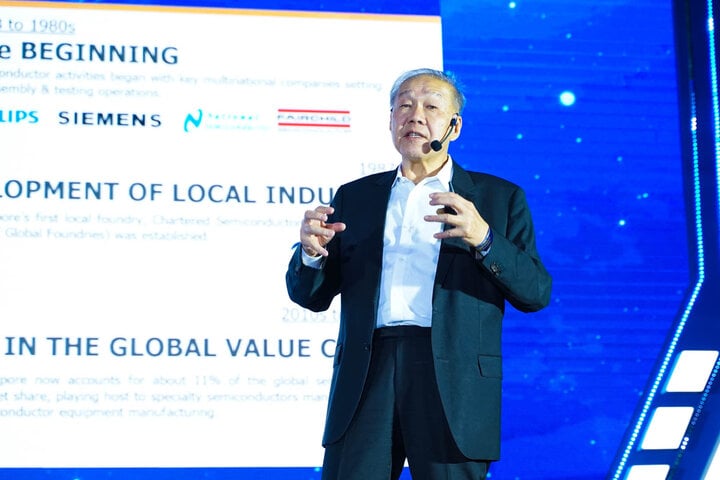
Professor Teck Seng Low, Senior Vice President at the National University of Singapore shared this morning.
According to Professor Teck Seng Low (Senior Vice President at the National University of Singapore), there is currently a race going on around the world to reduce the size of semiconductor chips. Chips are being produced with increasingly decreasing sizes from 9nm, 7nm, 5nm, then 3nm. Chips that are already small, now even smaller, are predicted to dominate and improve many more areas of life.
According to Professor Richard, another race is taking place in the semiconductor industry, which is the race to find greener and cleaner energy sources to help the research and production process be more environmentally friendly.
"How to increase production efficiency while still contributing to net zero emissions is really important, and there is no simple answer to this problem," said Professor Richard Henry Friend.
In addition to technical aspects, at the seminar, experts also discussed orientations for developing countries, including Vietnam, to help build appropriate strategies to develop semiconductor industries in the context of international integration.
Professor Teck Seng Low also emphasized that Singapore has gradually built a semiconductor industry from learning from Taiwan's model to building a national strategy that includes building an ecosystem capable of attracting foreign investment in the semiconductor sector. This sector has especially attracted the world's leading semiconductor companies to invest in building factories in Singapore.
Factories are systematically invested in research and development, laboratories, enhancing research capacity for universities, human resource training, etc.
However, Professor Teck Seng Low said that, from Singapore's experience, state investment resources play an important role. At the same time, it is necessary to build strong domestic enterprises, including startups, to create internal strength for a country's semiconductor industry.
"Singapore spends $5 billion on research every year, but this money will be useless if we do not have talented human resources to develop. Therefore, a strategy to attract good human resources in the semiconductor field is a prerequisite when you want to really start developing this technology industry," he said.
Emphasizing that the key to developing the semiconductor industry is finance and human resources, this professor suggested that Vietnam should start the semiconductor industry with reasonable investments in research, cooperation with startup models...
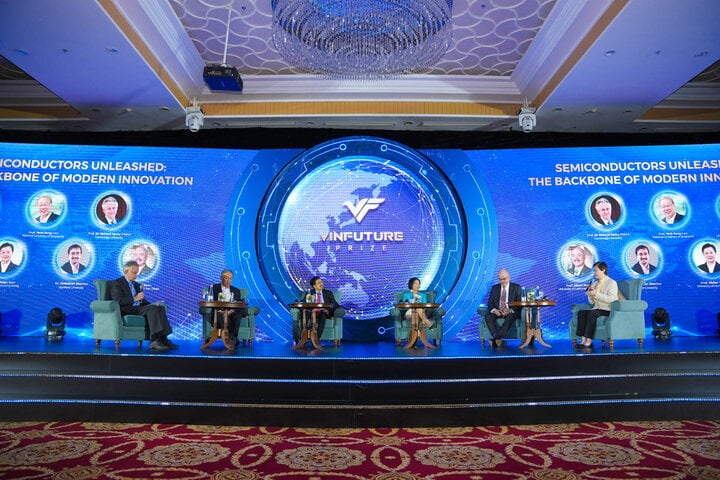
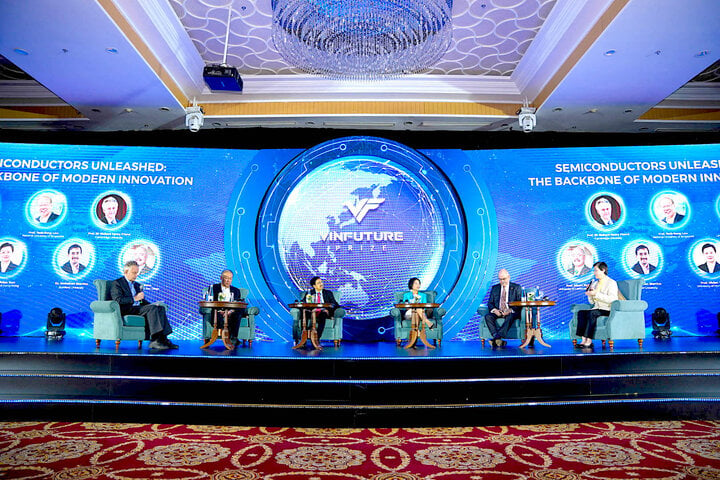
Overview of the creation of the conversation.
Professor Vivian Yam from the University of Hong Kong (China) said that for the semiconductor industry, initial resources, including both finance and human resources, are very important. Vietnam can start the semiconductor industry on a small scale and the Government needs to invest heavily in universities to prepare resources.
Professor Nguyen Thuc Quyen, University of California, Santa Barbara (USA) emphasized that domestic universities need to train high-quality human resources for semiconductors. Vietnam is currently lacking this high-quality human resource, so it is necessary to create conditions for students to both study and practice at businesses.
Dr. Sadasivan Shankar (Manager of Research and Technology Development at SLAC National Accelerator Laboratory, Stanford University, USA) is currently teaching at many leading universities in the world. He initiated and led the Materials Design program at Intel since 2006 to help optimize semiconductor design and energy efficiency.
With his experience in both education and research, he believes that creative individuals, when equipped with the right knowledge and skills, can face and solve complex challenges. In particular, the younger generation is often idealistic and optimistic, making them a valuable resource for the nation.
The semiconductor industry is forecast to generate more than $620 billion in revenue by 2024 and grow to $1 trillion by 2030, according to Gartner, the world's leading technology research and advisory firm. The industry is also considered a core part of the technological competition between superpowers in the 21st century.
In that context, the seminar "Semiconductor Technology: The Foundation of the Modern World" is expected to bring in-depth discussions on research directions, applications and potential development of semiconductor chips for the world in general and for Vietnam in particular.
Within the framework of VinFuture Science and Technology Week 2023, a series of talks "Science for Life" will take place with four sessions including:
- Semiconductor technology, the foundation of the modern world
- Advancing precision immunology to treat autoimmune disorders
- Sustainable infrastructure and green transport
- Artificial Intelligence: Breakthrough Potential and Challenges
In addition, the VinFuture science discovery dialogue series - activities connecting and sharing knowledge between the world's leading scientists and the domestic scientific community - will take place simultaneously at leading universities in Vietnam on December 19.
Immediately after the VinFuture Award Ceremony on the evening of December 20, on December 21, at VinUni University, the award-winning scientists will share with the community of young Vietnamese scientists, students, businesses, start-up communities, etc. about their research projects, research goals and application of science and technology to solve the problems that our planet is facing.
Ha Cuong
Source


































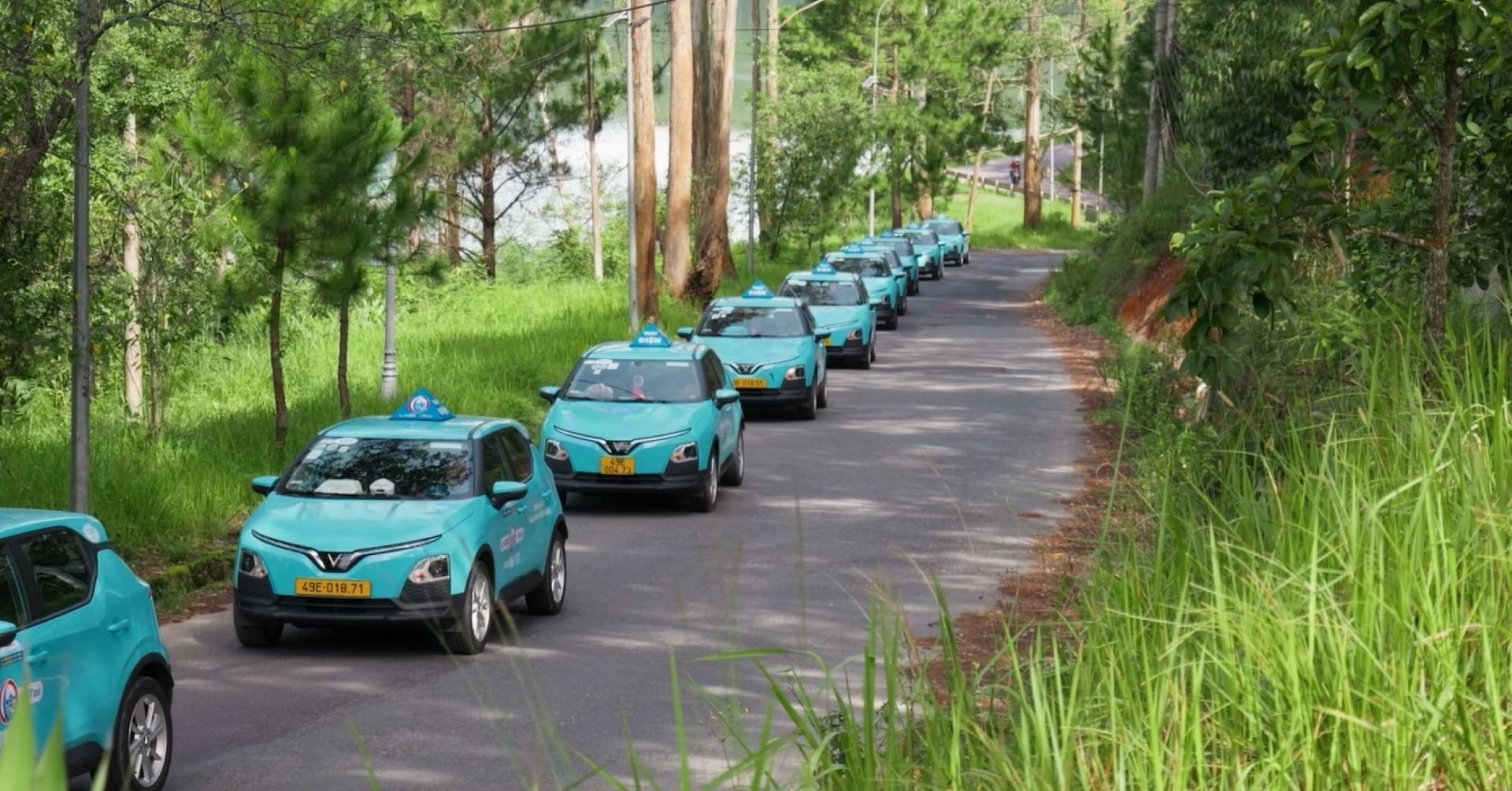

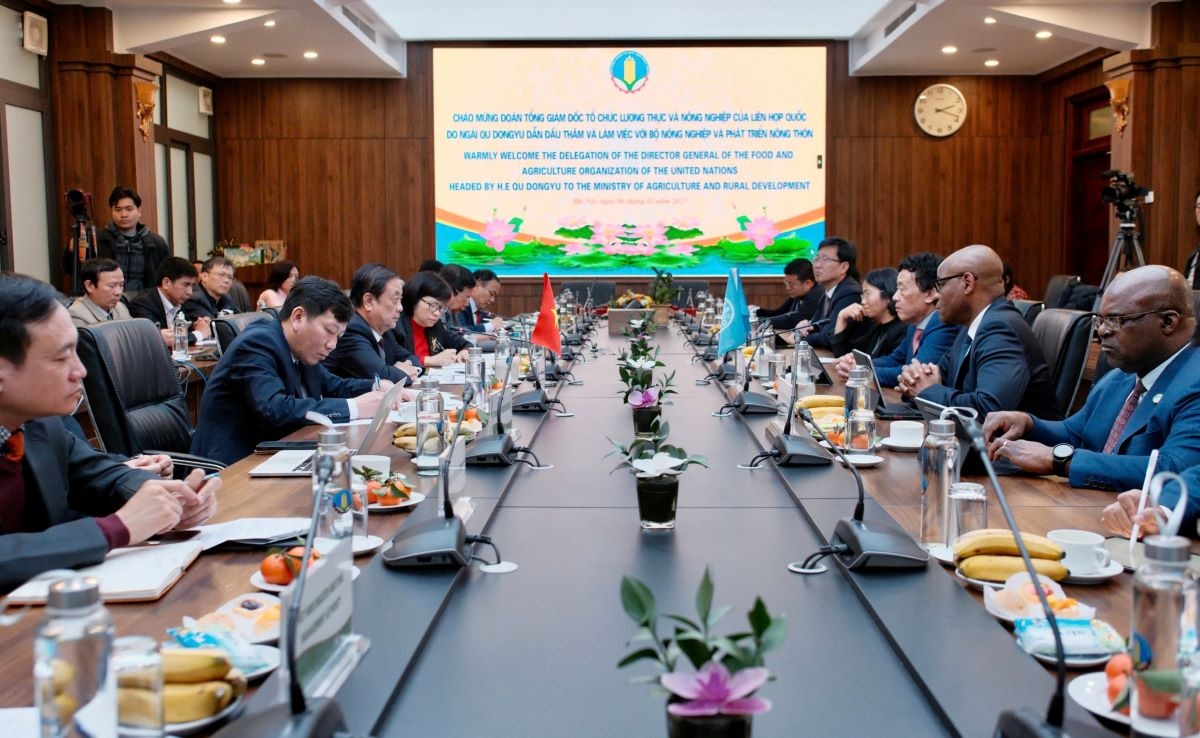

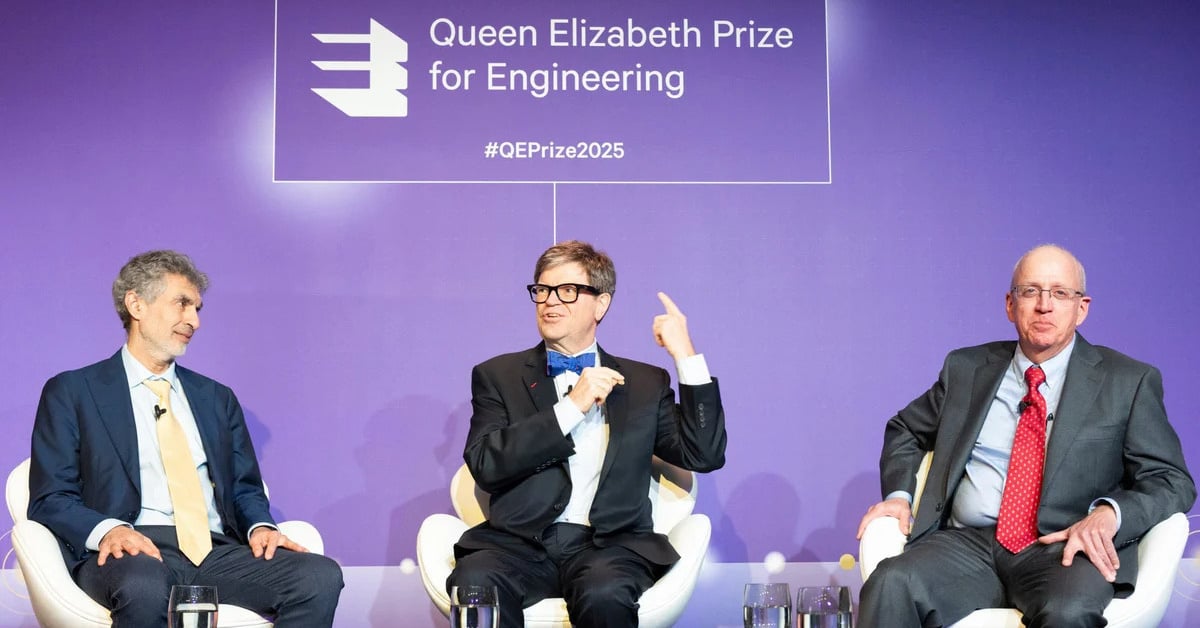
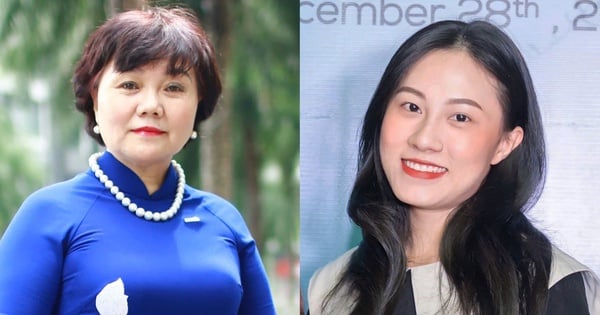

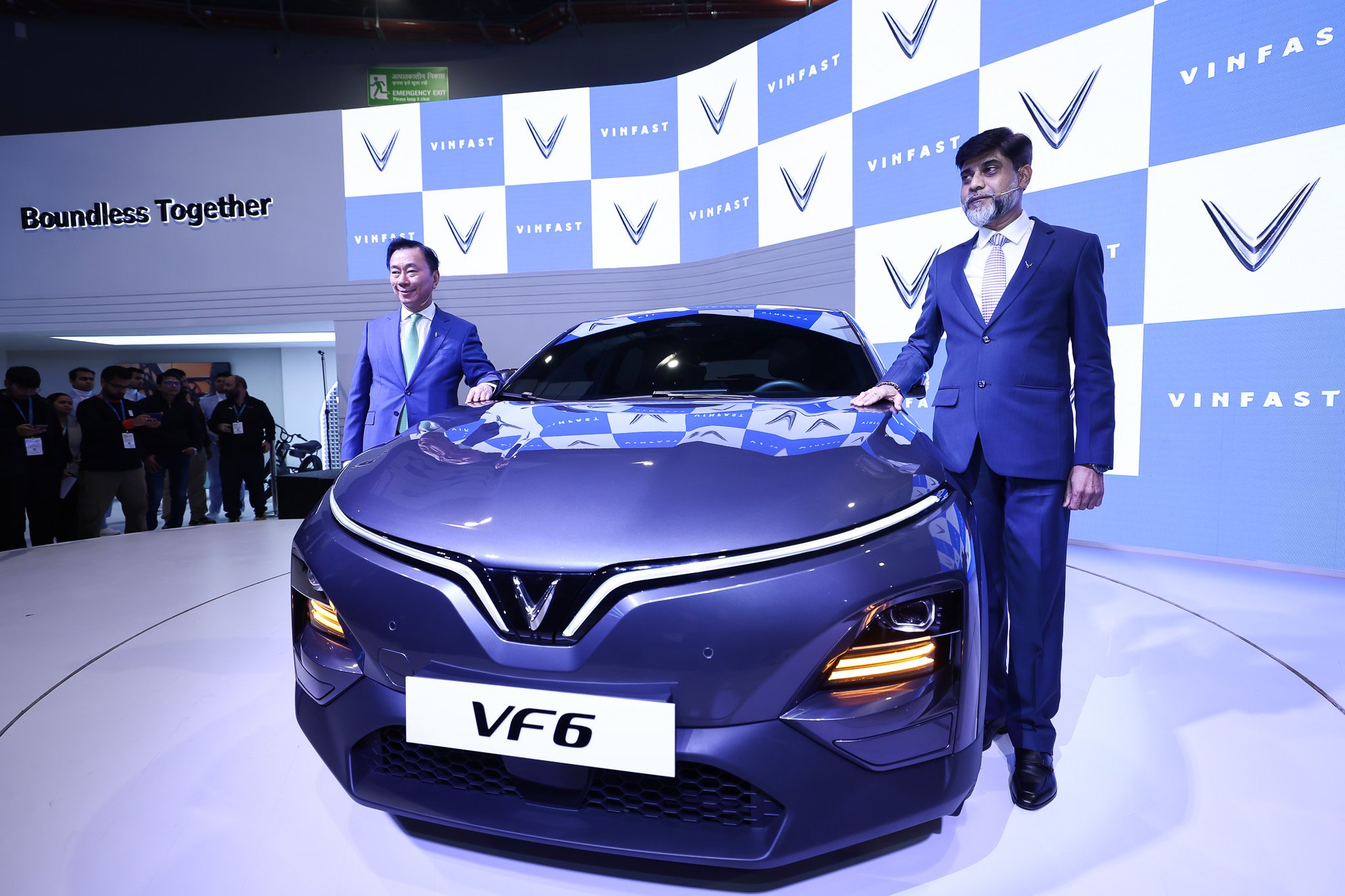

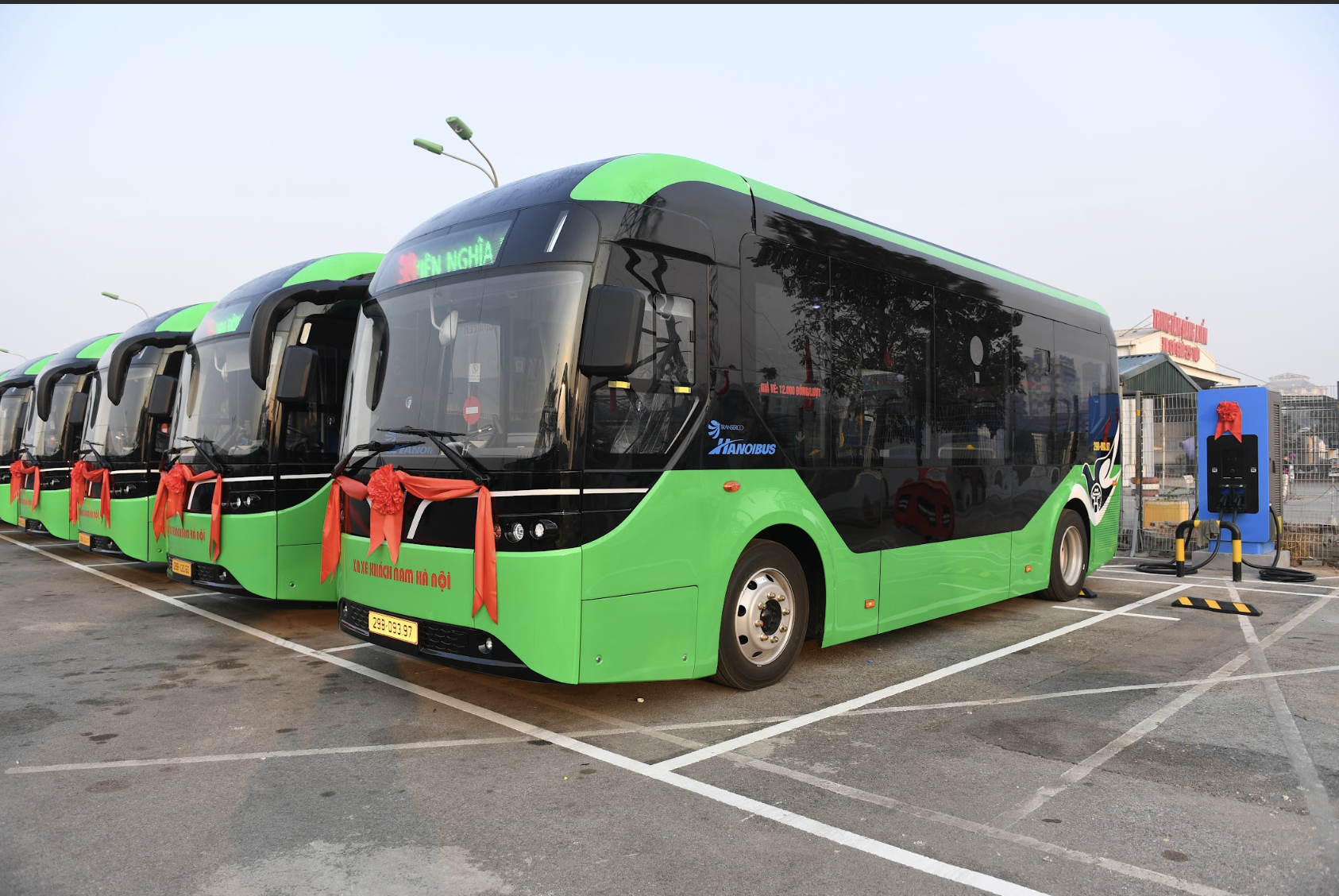
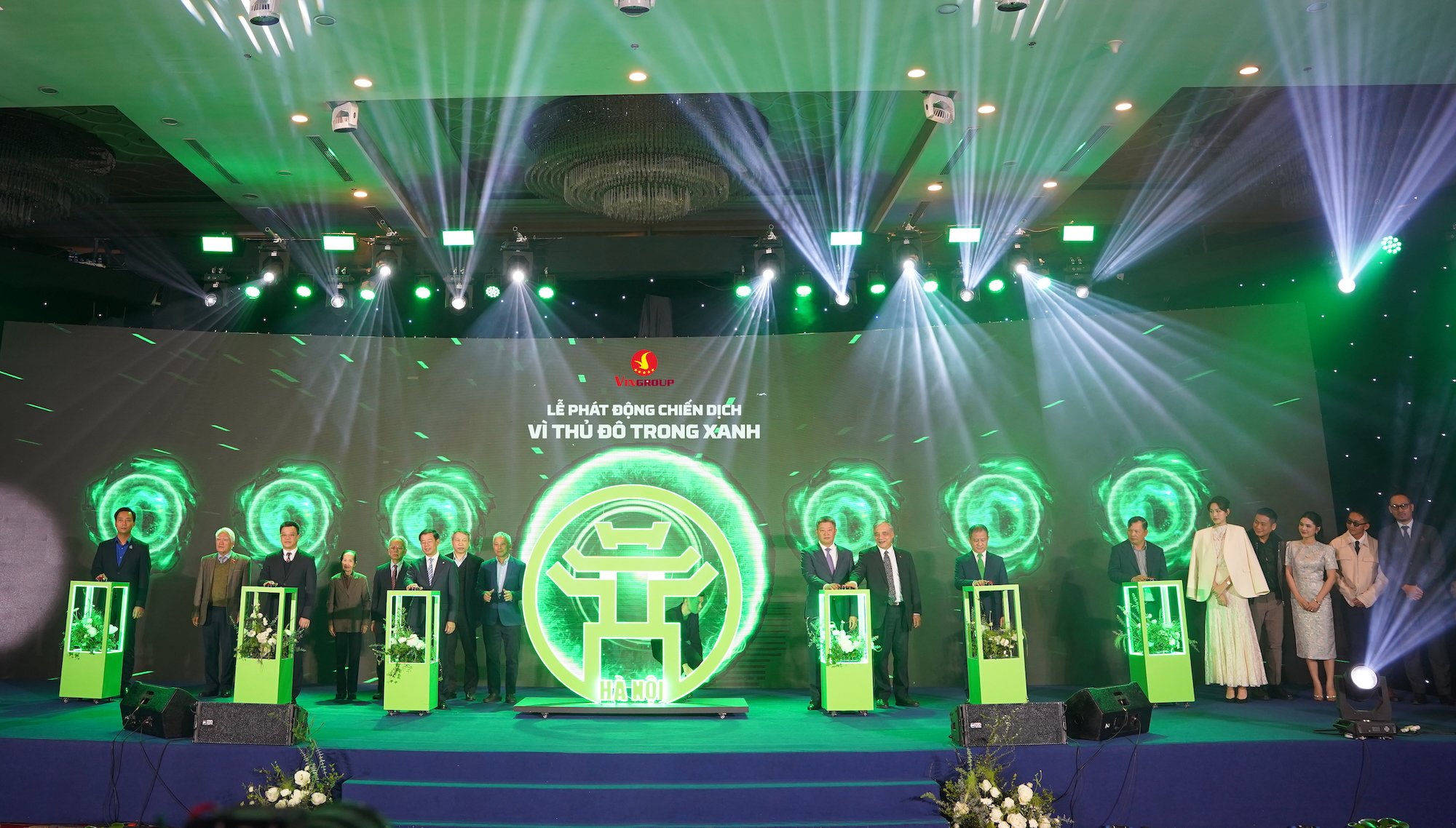





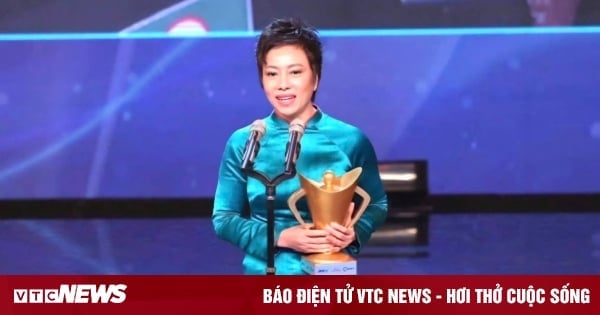















Comment (0)